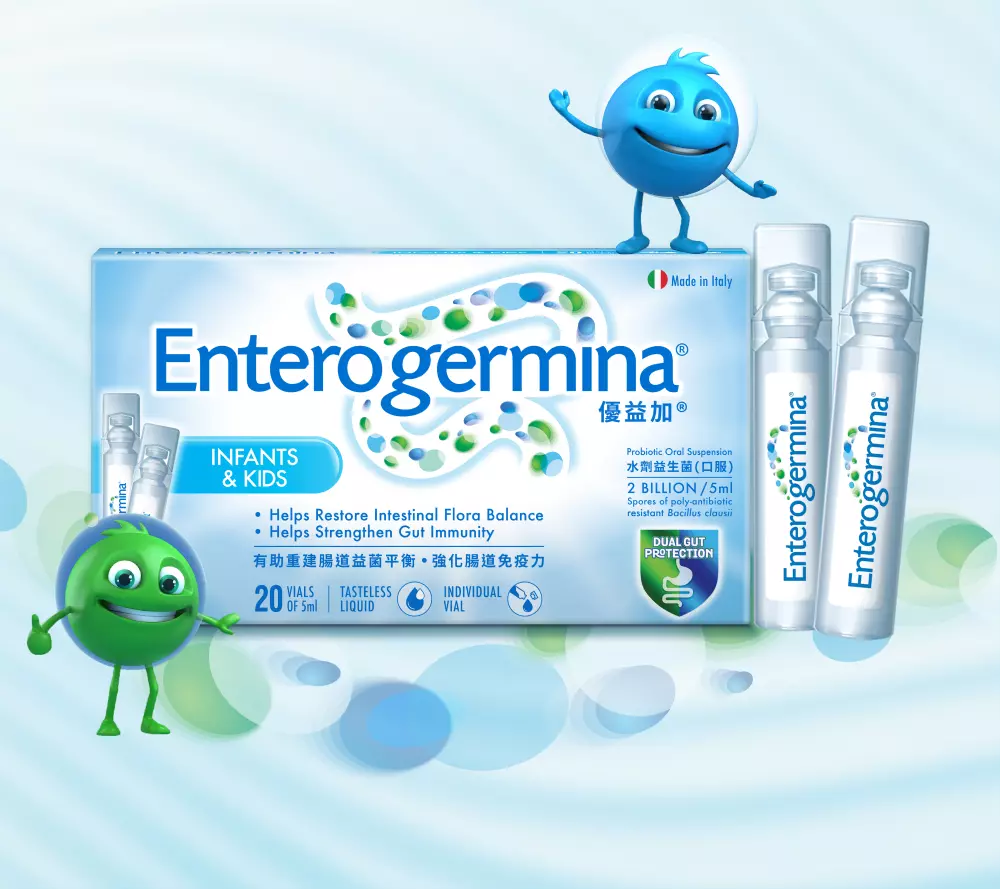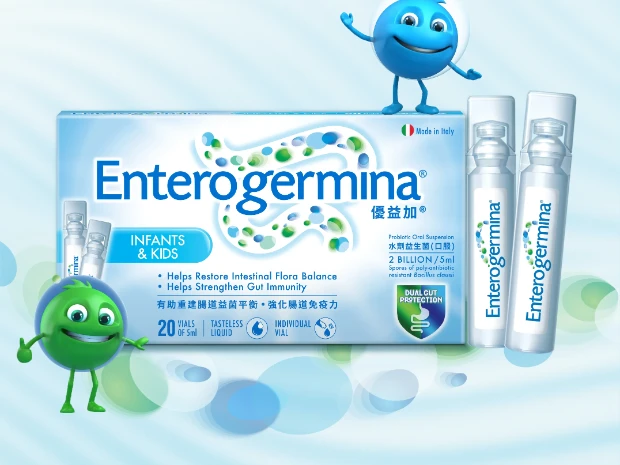Antibiotics & Bacterial flora
Children are more sensitive to antibiotic treatments compared to adults, as their microbiota colonies are still developing, which leaves them more vulnerable.
Alteration of microbial populations
A lack of beneficial microbes means the body is more susceptible to illness including digestive conditions.
Children Struggle to Rebalance Bacteria
Particularly when those bacteria are reduced by antibiotics. It takes a young body a substantial amount of time to replenish the lost colonies, leaving a large window of vulnerability for gut discomfort to set in.
Symptoms of Antibiotic Related gut discomforts in Children
Children are more sensitive to antibiotic treatments compared to adults. Common occurrences include:
Allergic reaction
Rashes and nausea are common when a child is introduced to unfamiliar medication.
Bellyaches
When antibiotics destroy the good bacteria of a child’s intestine, cramping and bloating tend to follow soon after.
Antibiotic effects in children: Tips & Remedies
When antibiotics get the better of your child’s internal system, you need to do what you can to help.
Provide a substantial diet
When the immune system is in a weakened state, children need healthy foods that provide energy and nutrients.
Keep to a strict schedule and dosage
Keeping to an antibiotic schedule can help a young body with better absorption and provide much needed time for regeneration.

How to prevent antibiotics from affecting your child
As a parent, it’s your responsibility to try to protect your child’s body as they go through antibiotic treatment.
Frequently asked questions
It’s important to be aware of what exactly an antibiotic is doing to your child’s internal system. You’ve probably got a few questions for us; check out our FAQ.
-
About 1 in every 5 children will develop mild diarrhea as a side effect to antibiotic treatment.
-
Antibiotics are often a necessity when it comes to children’s health. One way to prevent the negative effects associated to these treatments would be to introduce a probiotic in the child’s schedule, such as Enterogermina®.
-
Antibiotic-associated diarrhea in children can be treated by replenishing the intestinal flora that the medications wiped out. Bacillus clausii is a spore-forming bacteria with this ability.
Our product
Enterogermina® scans the gut for intestinal flora imbalance and delivers two billion good bacteria to help with both the condition, and its associated symptoms.

How can Bacillus clausii help you solve your gut problems?
Bacillus clausii is a unique type of spore-forming good bacteria that works to rebalance the intestine. When consumed regularly (or as advised by a HCP), it can help relieve different conditions associated to gut discomfort.
Stay informed
Learn how different daily triggers could be contributing to intestinal discomfort, and how a good probiotic can be the companion you never knew you needed!







